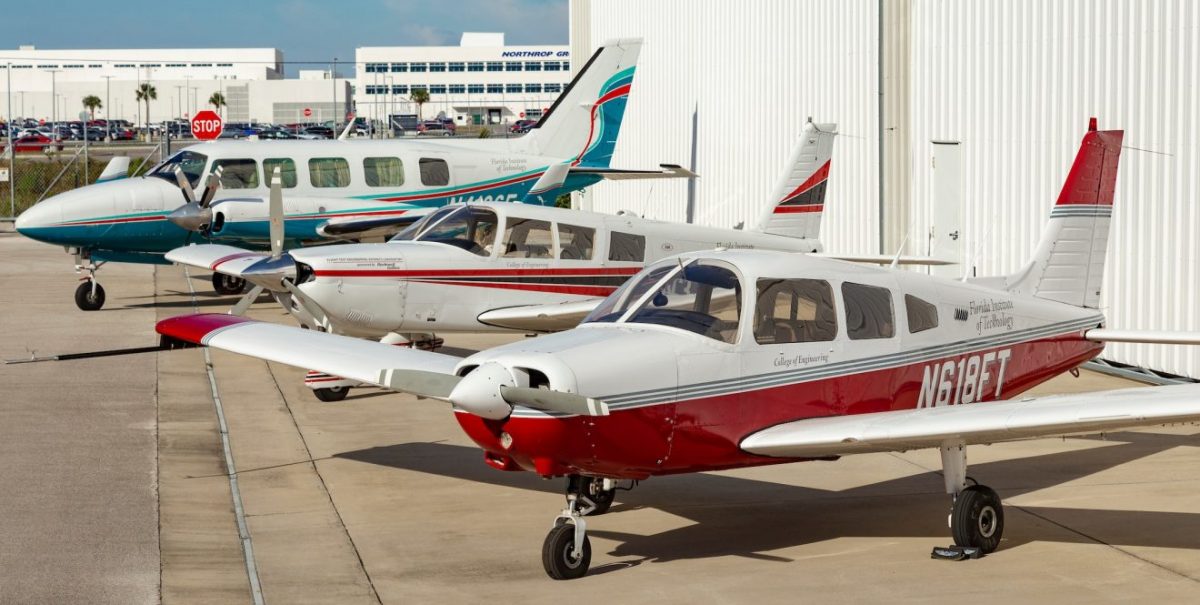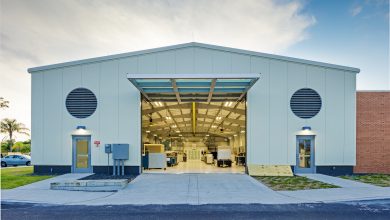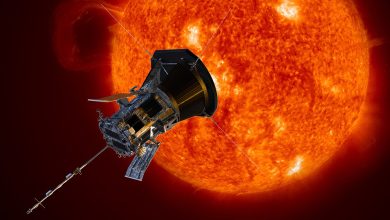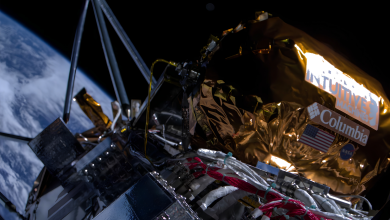Florida Tech Flight Test Engineering Program Soars During Busy Summer
Florida Tech’s development of innovative, student-centric courses that offer real-world skills reached new heights this summer with a university first: four flight test engineering lab short courses were completed at Florida Tech education centers in Southern Maryland, Huntsville, Alabama, and Eglin Air Force Base in Florida.
Students from the three centers and Florida Tech’s Melbourne campus, including a cohort from Gulfstream Aerospace, participated in the courses. Arrangements were made to fly fixed-wing aircraft from the university’s fleet in Melbourne or rent a helicopter from a local vendor in Huntsville, with the aircraft used to complete the live flight lab portions of the courses.
“It all started eight years ago in a meeting room at Naval Air Station Patuxent River,” said Bob Schaller, director of the Southern Maryland and National Capital Region education centers. “Today, Flight Test Engineering is our largest local program of study.”
Florida Tech’s flight test engineering master’s and graduate certificate program is a unique offering across higher education. The program is recognized by the U.S. Naval Test Pilot School, U.S. Air Force Test Pilot School and the National Test Pilot School, along with the Society of Flight Test Engineers, Society of Experimental Test Pilots and the International Test and Evaluation Association, among other professional organizations in the field.
After two years of development in close cooperation with the Naval Air Warfare Center, including the U.S. Naval Test Pilot School and Naval Test Wing Atlantic at Patuxent River, Maryland, Florida Tech’s flight test engineering program was introduced in 2015 in Melbourne and a year later at Southern Maryland for students at NAS Patuxent River. Within a few years, the program was offered at Eglin Air Force Base for the 96th Test Wing community, and in Huntsville for the Army Test and Evaluation Command community.
One of the most powerful aspects of flight test engineering is its inherent mobility. Having a mobile lab – the plane – allows Florida Tech to reach different areas of the country to assist the Navy, Army and Air Force in flight test engineering needs.
“When you test an airplane, you need to know everything, from the avionics on board, to propulsion, to hydraulic systems in the brake lines,” said program chair Brian Kish, an associate professor in aerospace. “The air vehicles themselves really have all the disciplines in them. The flight test engineer has to be comfortable with that broad spread.”
The classes provide real-world experience, allowing students to utilize math and science skills as they get flying time and collect data during the travels.
“That really brings what we call experiential learning – sights, sounds and smells – everything that goes with that experience,” Kish said. “I like to say, with a classic lab experiment, you would be outside with a lab coat looking in and watching the experiment. With airplanes, we flip it, you’re inside the vehicle looking out.”
Another focus for the program is airworthiness certification, which is a Federal Aviation Administration procedure granting authorization to operate an aircraft in flight. Florida Tech proposed a solution for inquiring aerospace companies involving three existing Flight Test Engineering courses and the development of a new, fourth course that addressed remaining requirements. The three existing courses cover most aspects of Airworthiness Certification using actual flight labs, where students collect data in-flight during maneuvers flown by experienced certification test pilots.
Kish has been on the move over the summer: in one week alone he flew to four states picking up people to train at the education center sites. Helping people learn more about flight test engineering has been a great experience not only for the students, but for Kish, as well.
“To me, it’s rewarding because you really get to come up with a strategy and go out to make it happen,” he said. “Getting all of those moving parts and visualizing that, it’s stuff that I did in my Air Force career, which you can plan these types of campaigns and make them happen. I like that this university job enables me to do that side of it.”
The program continues to grow and is seeking expansion internationally as well as in space systems flight test. For more information, please visit https://research.fit.edu/flight-test-engineering/ or contact Brian Kish at bkish@fit.edu.





